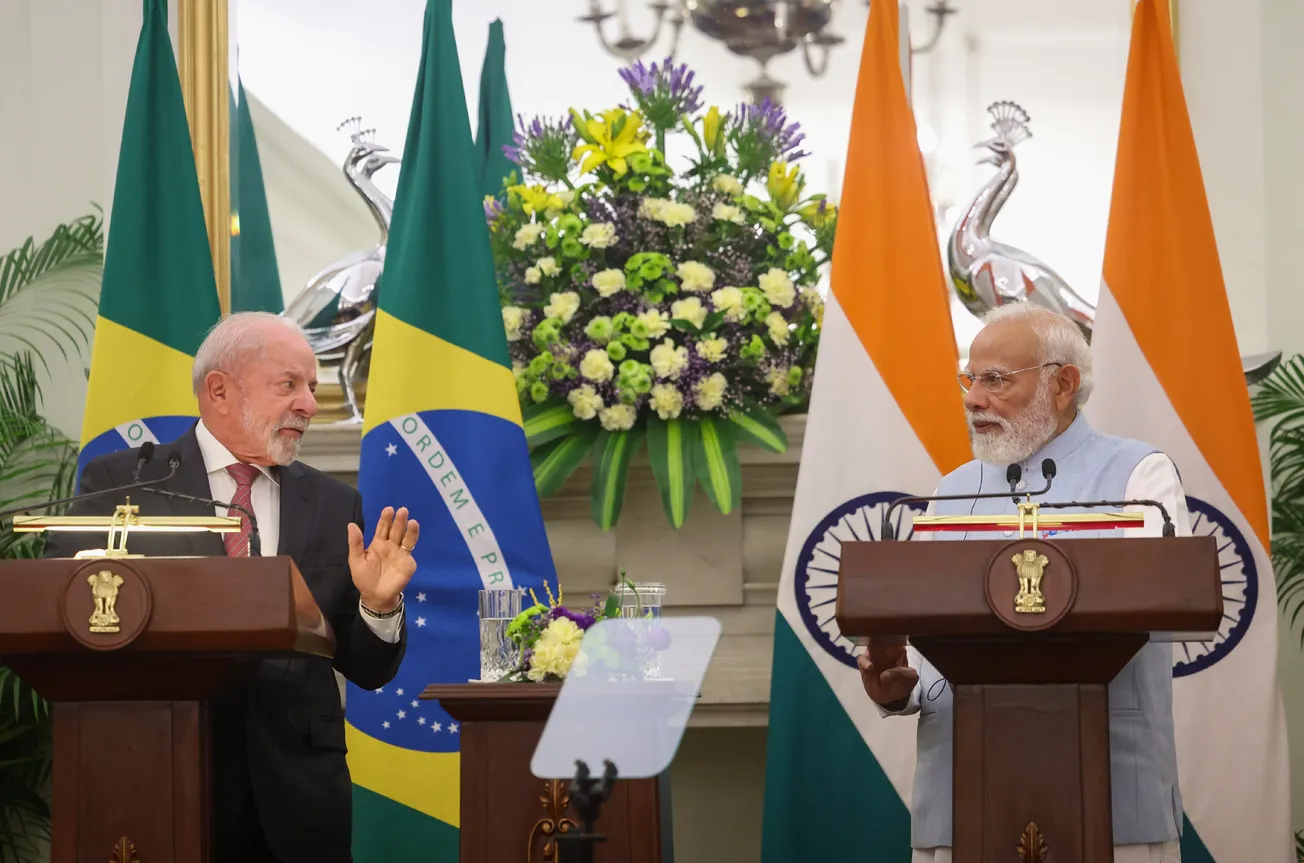The results of Serbia’s Dec. 17 parliamentary elections, in which the Progressive Party of President Alexandar Vucic won 47% of the vote against the Serbians Against Violence (SNP) coalition’s 23%, have served as the pretext for the launching of a classic “color revolution” against Vucic by Western-backed forces intent on overthrowing his government. Vucic stated this publicly on Dec. 25 following violent protests the day before by the self-named “Serbians Against Violence,” charging that Western powers want to remove him from office because of his friendly ties with Russia and his refusal to relinquish territorial claims to the breakaway enclave of Kosovo.
Maria Zakharova, spokeswoman of the Russian Foreign Ministry, warned the same day that the “collective West” is stirring up an already-tense situation in Serbia, “trying to inflame the situation in the country using [cookie-cutter] `Maidan’-style coup d’état techniques.” The West is giving Belgrade an ultimatum, she warned, to choose “anything but Russia,” precisely the same choice that was given Ukraine in 2014 which led to the installation of a U.S.-backed neo-Nazi regime.
On Dec. 18, one day after the election, several thousand protesters associated with the SNP gathered in front of the state election commission headquarters, shouting “thieves,” throwing eggs, beer cans and other garbage at the building, claiming to have hundreds of complaints verifying that fraud had been committed. An OSCE report issued the same day claimed that, while the elections had generally respected freedom of speech and assembly, there had nonetheless been a “tilted playing field” because the President and the ruling party had pressured voters and had “undermined the election process overall.” A week later, on Dec. 24, 2,000 violent SNP protesters stormed the City Hall offices and tried to break in by smashing windows and breaking down the door, requiring police intervention.




